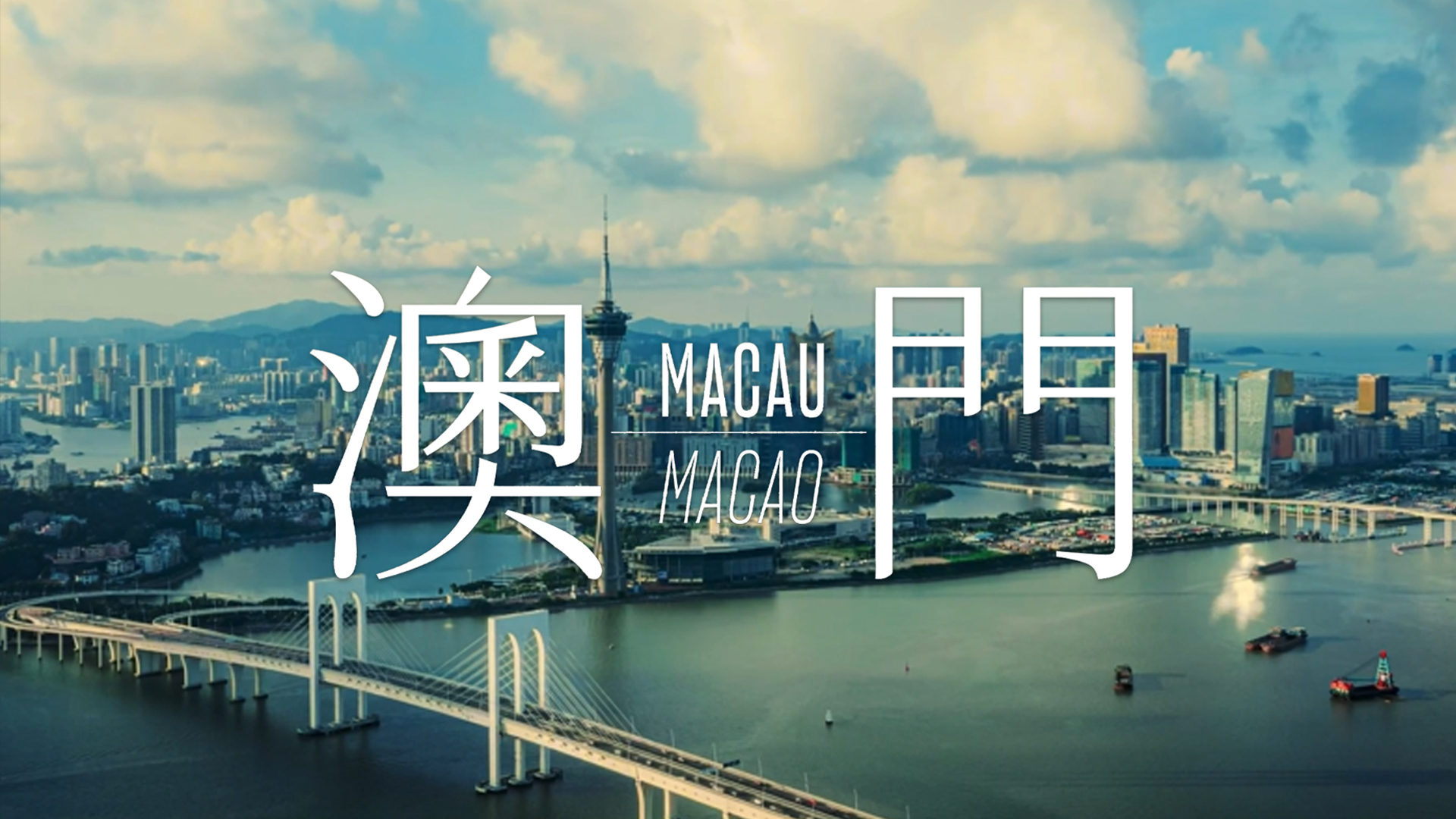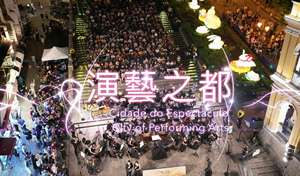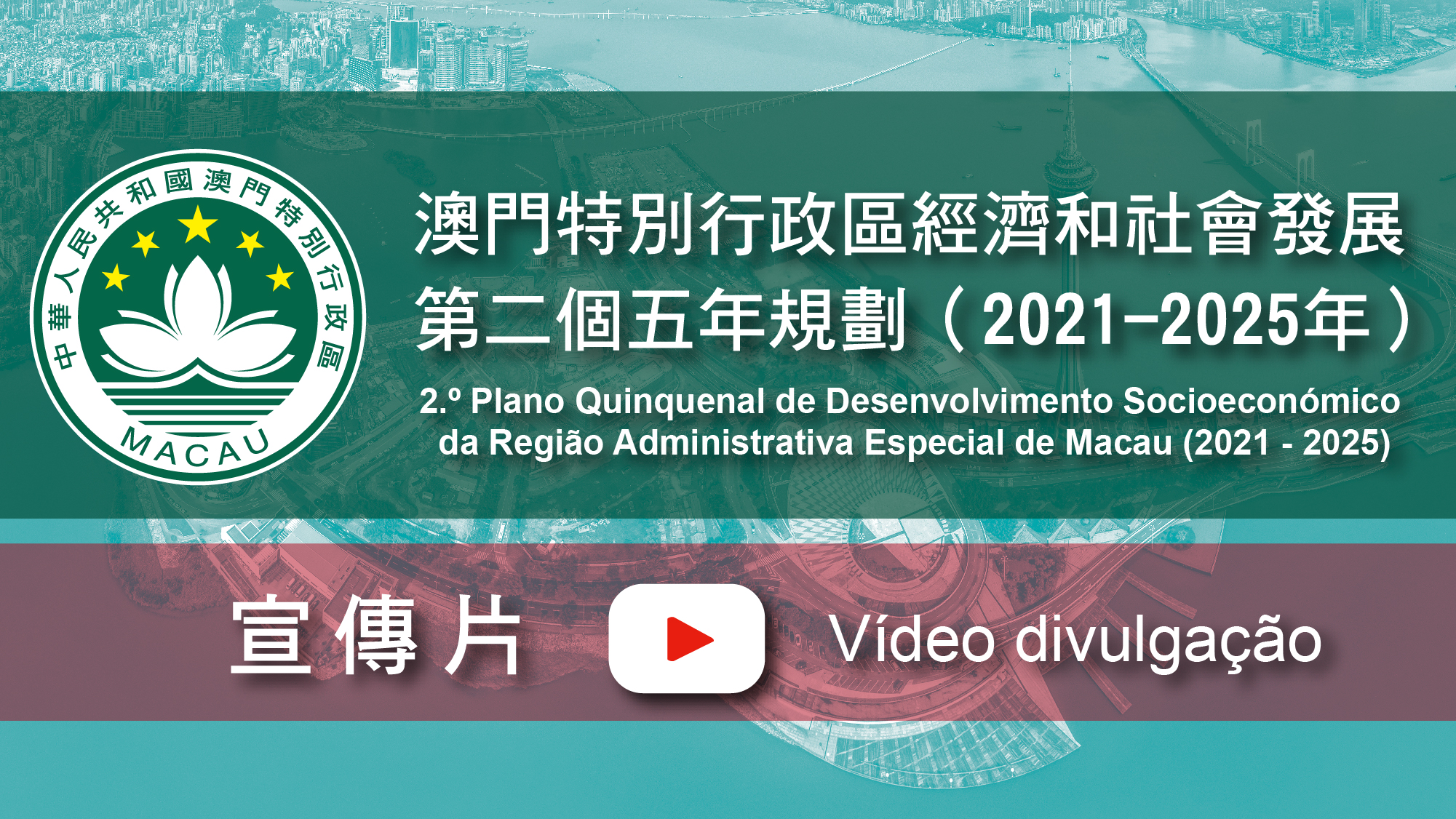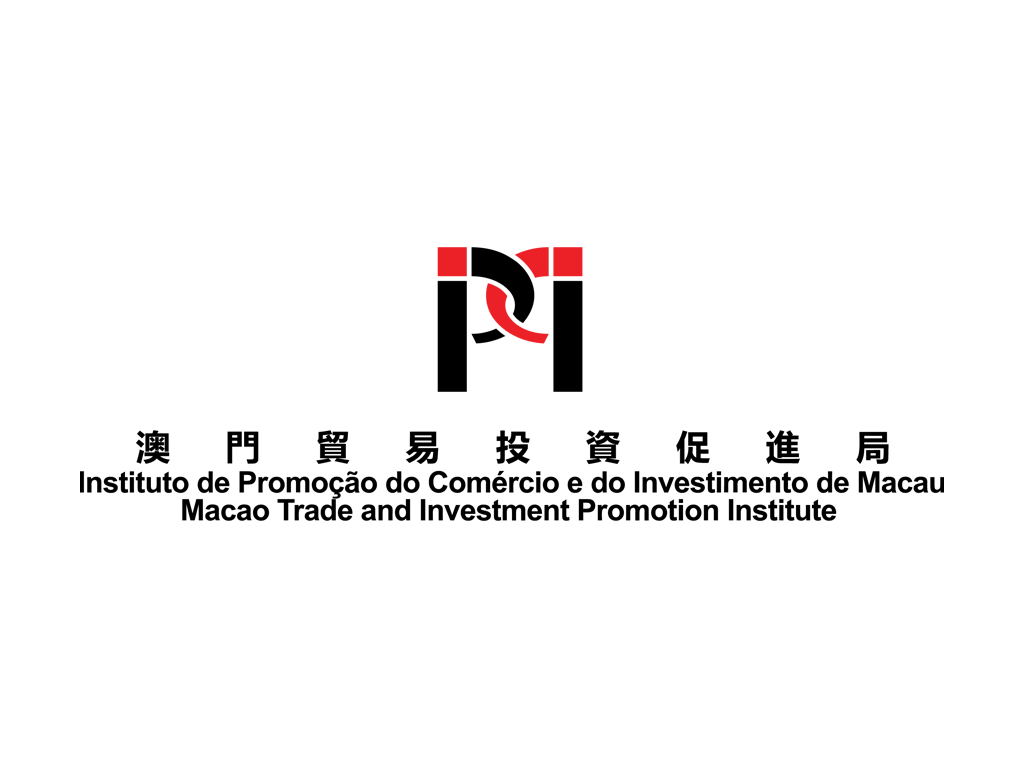Search Issues

The learning of Portuguese returns to the limelight in Macao as the city steps up as a link between China and Portuguese-speaking Countries.
“The teaching of Portuguese in Macao’s public and private higher education system has grown,” Rui Rocha, former Director of the Department of Portuguese at the City University of Macau, told Macao Image.
With its favourable financial conditions, Macao is an excellent location for training trilingual translators and interpreters (Chinese-Portuguese-English), he said.
“The most important economic and commercial co-operation will be between small and medium enterprises of the economies that constitute more than 90 percent of the business community of China and the Portuguese-speaking Countries,” noted Mr Rocha. “This is because they do not have the same requirements for logistics and mediation to conduct their business like large-scale companies.”
He said China recognises the importance of co-operating with the economies of Portuguese-speaking Countries. Trade in merchandise between China and Portuguese-speaking Countries grew by 29.4 percent year-on-year in 2017, according to data from the General Administration of Customs of China.
“The Central Government believes that the teaching and mastery of the Portuguese language holds strategic value for the future of the economic and social development of China within the ‘Belt and Road’ initiative in the same way that Portuguese-speaking Countries will benefit from this cooperation for their own economic and social development,” added Mr Rocha.
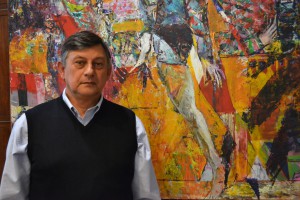
“The most important economic and commercial co-operation will be between small and medium enterprises of the economies that constitute more than 90 percent of the business community of China and the Portuguese-speaking Countries.” Rui Rocha, former Director of the Department of Portuguese at the City University of Macau
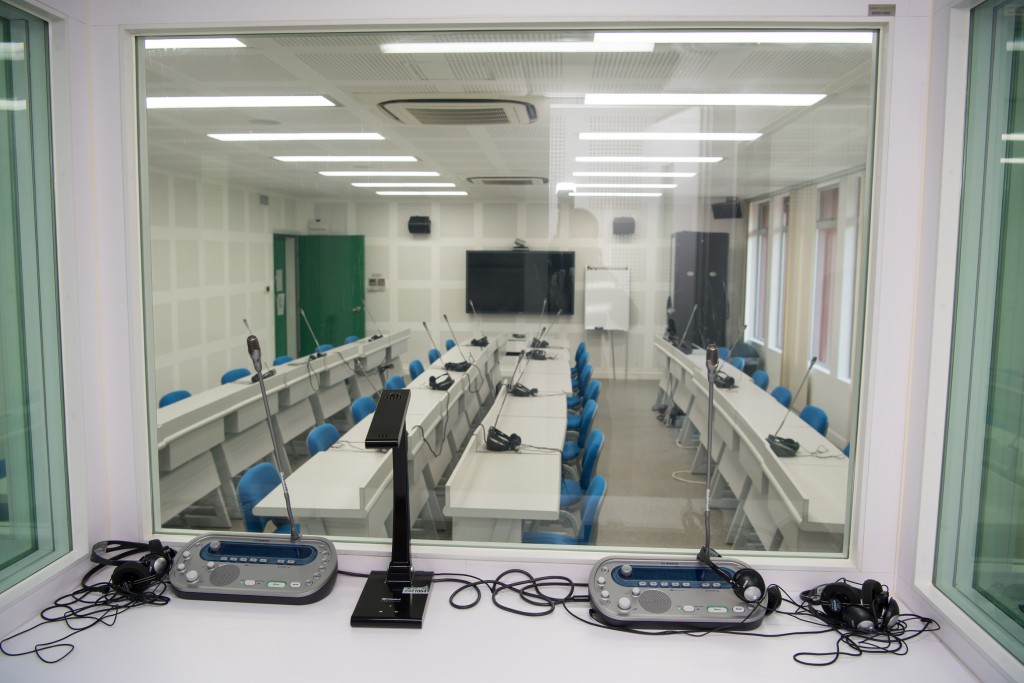
Macao is seen as an excellent location for training trilingual translators and interpreters
Breaking the language barrier
The expanding ties between China and the Lusophone world have encouraged more students from Portuguese-speaking Countries to pursue Chinese language studies in Macao. Brazilian sophomore student Bruno Locatelli, now learning Chinese at the Macao Polytechnic Institute, is one such student.
“I decided to change my major from engineering to Chinese language studies, because I realise the importance of studying Chinese nowadays, especially for Brazilians,” said Mr Locatelli.
“A lot of companies are doing trade with China, so they need people who speak Mandarin, English and Portuguese.”
“Previously, Portuguese was only taught in public schools. This means there is a growing demand for bilingual teachers,” the Director of the School of Languages and Translation Professor of the Macao Polytechnic Institute Lili Han said.
All of the programmes in the department – Chinese-Portuguese and Chinese-English translation and interpretation programmes, as well as two education programmes in Chinese and Portuguese – are all output-based. Their goal is to prepare students to become educators, translators and interpreters, she said. They are more in demand than ever before.
“Currently the market is in need of about 200 interpreters,” said Professor Han.
“They need to master both oral and written translations, both Chinese to Portuguese and Portuguese to Chinese. According to international standards, this is a very high requirement. In Europe, for instance, interpreters only need to translate foreign languages into their own mother languages,” she explained.
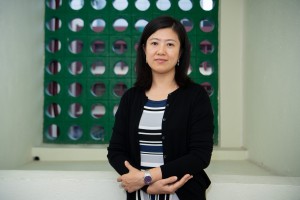
“Previously, Portuguese was only taught in public schools. This means there is a growing demand for bilingual teachers.” Lili Han, Director of the School of Languages and Translation Professor of the Macao Polytechnic Institute
This market-oriented approach is designed to make sure students can walk straight into teaching, translation or interpreter jobs after they graduate.
“For example, most students from our Portuguese programme look to be Portuguese teachers, so we infuse a lot of cultural training into the programme, and this is where native professors are needed,” said Professor Han.
“For the Chinese-Portuguese translation programmes, we deploy professors who are more experienced in oral and written communications and interpersonal fields.”
In spite of the efforts by educational institutes in Macao, Mr Rocha noted the results of Portuguese teaching and learning in Macao are “not very encouraging”.
“There is still much to be done in terms of scientific, pedagogical, didactics, teacher skills and methodologies for teaching Portuguese as a foreign language,” he noted.
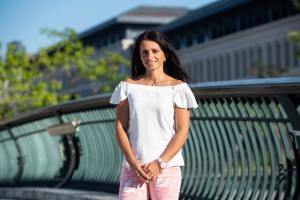
“Kids who are raised in a multicultural environment already speak three languages by the ages of just five to six, and they can easily switch between languages.” Ana Margarida Belém Nunes, Director of the Chinese-Portuguese Bilingual Teaching and Training Centre and Associate Professor of the Department of Portuguese at the University of Macau
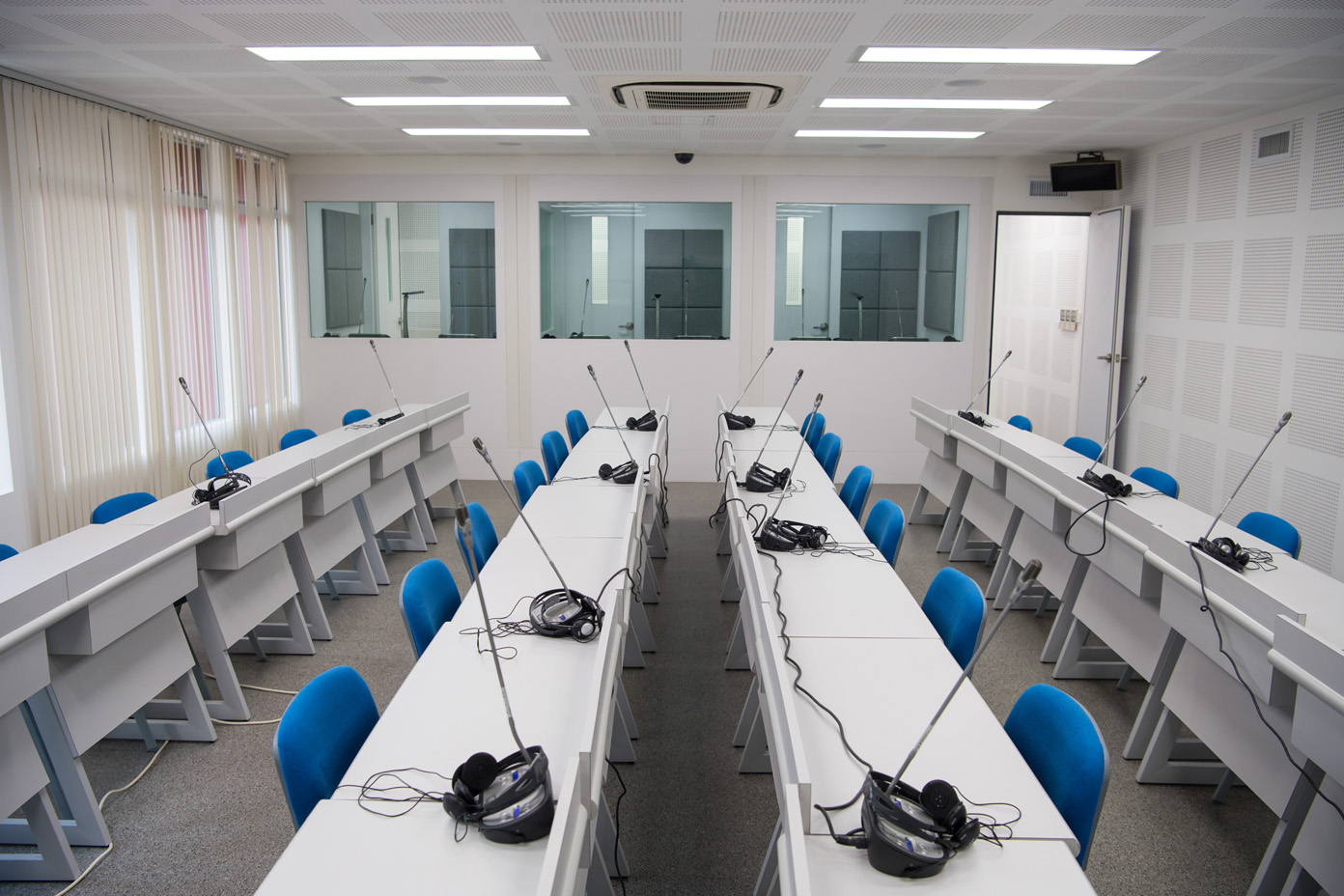
The sooner the better
When it comes to achieving bilingualism – the ability to speak more than one language on par with a native – the younger one starts, the better.
Ana Margarida Belém Nunes, who is Director of the Chinese-Portuguese Bilingual Teaching and Training Centre as well as Associate Professor of the Department of Portuguese at the University of Macau, explored how children cope with multiculturalism and multilingualism in a thesis from her MA student that examines a group of Brazilian workers at a leather factory based in Dongguan, China.
“We found that multicultural and multilingual kids in Dongguan are building part of the society,” said Professor Nunes.
“Usually kids who are born in a Brazilian family in Dongguan would go to international schools where they learn Chinese, English and also Portuguese. Kids who are raised in a multicultural environment already speak three languages by the ages of just five to six, and they can easily switch between languages.”
With that being said, mastering a foreign language as an adult is still possible in a city like Macao, where Portuguese can be found in almost all areas of life.
Jessica Go, a sophomore at MPI’s Portuguese-Chinese Translation and Interpretation (evening) programme, developed a habit of reading newspapers in Portuguese outside the classroom.
“I found Portuguese news very interesting and helpful. But, of course, studying is also necessary,” she said.
With a natural interest in the Portuguese language, Go gives up her free time after work in pursuit of a language she trusts would benefit her career in the long run. “I believe learning Portuguese will open more doors for my career in Macao,” said Ms Go.



